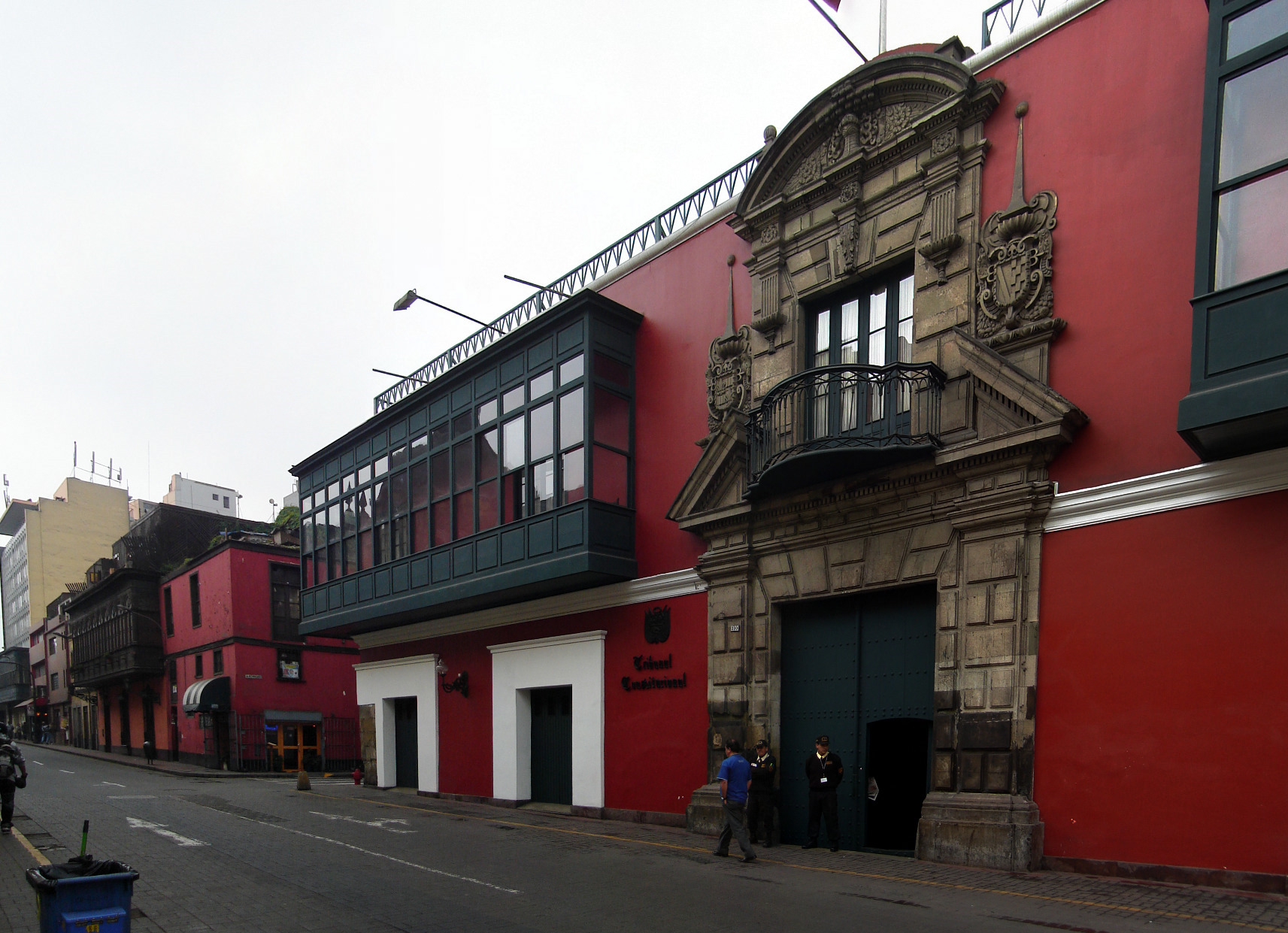The Shipibo-Conibo are an indigenous people of Perú. The name refers to two languages spoken by these ethnic groups. They are primarily a riverine people living in the Amazon basin, primarily along the Ucayali River. Contact with western sources – including the governments of Peru and Brazil – has been sporadic over the past three centuries. The Shipibo are noted for a rich and complex cosmology, which is tied directly to the art and artifacts they produce. They have been a constant target of Christian missionaries since initial contact in the late 17th Century.
Shipibo-Conibo women make beadwork and textiles, but are probably best known for their pottery, decorated with maze-like red and black geometric patterns. While these ceramics were traditionally made for use in the home, an expanding tourist market has provided many households with extra income through the sale of pots and other craft items.
With an estimated population of over 20,000, the Shipibo-Conibo represent approximately 8% of the indigenous registered population. Census data is unreliable due to the transitory nature of the group. Large amounts of the population have relocated to urban areas – in particular the eastern Peruvian cities of Pucallpa and Yarinacocha – to gain access to better educational and health services, as well as to look for alternative sources of monetary income.
The population numbers for this group have fluctuated in the last decades between approximately 11,000 (Wise and Ribeiro, 1978) to as many as 25,000 individuals (Hern 1994).
Like all other indigenous populations in the Amazon basin, the Shipibo-Conibo are threatened severe pressure from outside influences such as oil speculation, logging, narco-trafficking, conservation, and missionaries.
Text adapted from Wikipedia’s article on the Shipibo-Conibo




